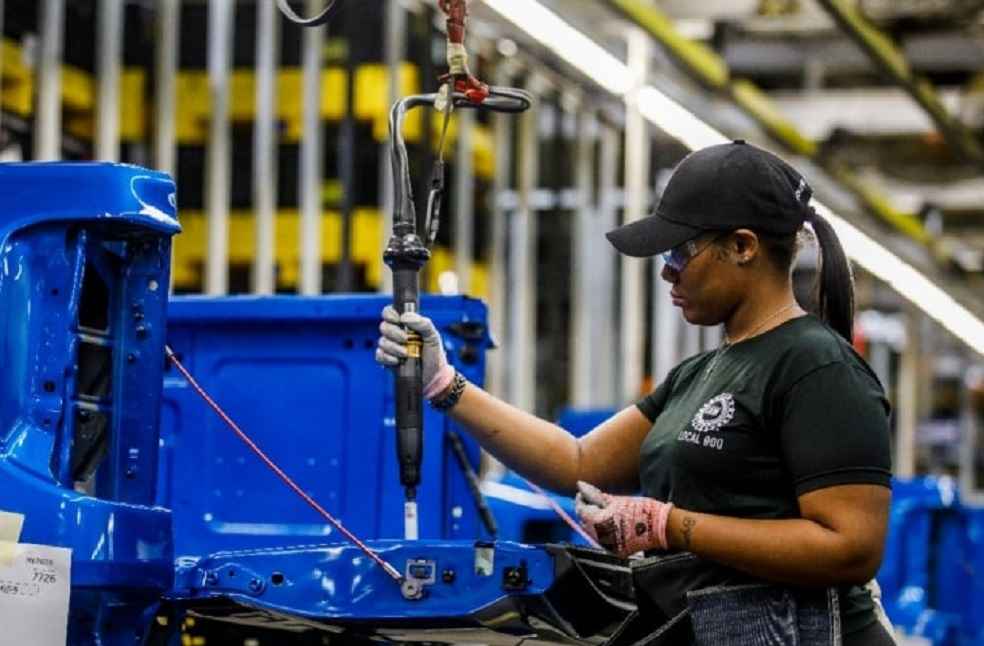Ford Motor Company has unveiled a significant restructuring initiative aimed at ensuring the long-term sustainability of its European operations. The automaker, which has faced mounting losses in its passenger vehicle business in the region, is responding to what it calls ‘highly disruptive’ shifts in the industry, particularly the transition to electrified vehicles and intensifying competition.
As part of the restructuring, Ford plans to reduce its European workforce by 4,000 positions by the end of 2027, subject to consultations with social partners across the continent. The majority of these cuts will impact operations in Germany and the UK, with minimal reductions elsewhere in Europe, according to Dave Johnston, Ford’s European Vice President for Transformation and Partnerships.
Additionally, Ford announced changes to its production schedule due to weaker-than-anticipated demand for electric vehicles and economic challenges. The adjustments will affect the production of the new Explorer and Capri models, resulting in additional short-time working days at the Cologne plant in early 2025.

Johnston acknowledged the global auto industry’s ongoing transformation, highlighting the intense challenges faced by automakers in Europe. These include competitive pressures, economic headwinds, and a disconnect between consumer demand and stringent CO2 regulations.
“Taking difficult but decisive actions is critical to securing Ford’s future competitiveness in Europe,” Johnston said. Despite these challenges, he reaffirmed Ford’s commitment to the region, citing the company’s 100-year history in Europe and its ambition to build a thriving business for future generations.
Ford has called for greater collaboration between industry stakeholders, policymakers, and trade unions to facilitate the transition to electrified mobility. In a letter to the German government, John Lawler, Ford’s Vice Chairman and Chief Financial Officer, emphasised the need for robust policies to support the shift to e-mobility.

Lawler outlined key priorities, including investments in charging infrastructure, consumer incentives for adopting electric vehicles, improved cost competitiveness for manufacturers, and more flexible CO2 compliance targets. “A clear and unmistakable policy agenda is essential for advancing e-mobility and ensuring the industry’s future success,” he said.
Ford reiterated its commitment to achieving Europe’s 2035 emission targets while addressing the pressing need for a supportive policy framework. The company’s restructuring efforts and policy advocacy reflect its determination to adapt to the evolving automotive landscape and maintain its leadership in the European market.
GENERAL | Hyundai Announces ₹25,000 Price Hike on Cars Effective January 2025





